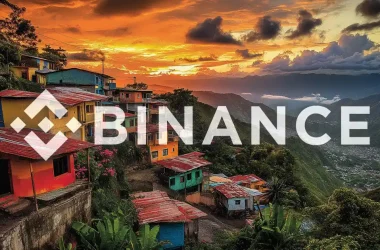The Pakistani government plans significant changes to the State Bank of Pakistan (SBP) Act, aiming to legalize digital currencies. These amendments would give the SBP authority over both digital and physical assets, aligning Pakistan with the global trend toward digital finance.
Opening Top Central Bank Positions to Dual Nationals
In addition to digital currency regulation, the proposed amendments lift restrictions on dual nationals holding senior SBP roles, such as governor and deputy governor. This adjustment reverses previous limitations and expands access to skilled professionals. The federal cabinet is currently reviewing the proposals, and, if approved, Parliament will evaluate them.
Defining Digital Currency within the SBP Act
For the first time, the SBP Act would officially include “digital currency,” allowing the central bank to issue and regulate it as legal tender. The SBP also plans to create a division dedicated to developing digital payment systems, supporting smooth integration of digital assets into Pakistan’s economy.
Planned changes to section 13 would allow dual nationals to serve in key roles at the SBP, ending a restriction introduced in 2022 with input from the International Monetary Fund (IMF). This shift enables skilled individuals, including Deputy Governor Dr. Inayat Husain, to hold or reapply for important positions.
Finance Minister Muhammad Aurangzeb recently emphasized the importance of a wider talent pool, noting, “We may need to bring a few things back to Parliament, particularly regarding nationality.”
Enforcing Digital Currency Compliance with Strict Penalties
To support regulatory oversight, the government proposes steep penalties for unauthorized digital currency issuance. The fines would equal twice the value of any illegally issued assets. The SBP would also continue reporting suspicious transactions to the Financial Intelligence Unit-Netherlands (FIU-NL).
The amendments expand the SBP board’s role in governance, especially under section 9A, which extends its authority over comprehensive financial reports, including biannual and annual statements. Adjustments to section 9B allow the board chair or three non-executive directors to call meetings, speeding up central bank decisions.
Legal and Regulatory Progress Following Court Orders
This legislative effort follows a Sindh High Court ruling directing the government to develop a regulatory framework for crypto assets within three months. The court’s decision calls for a committee to review these regulations under Pakistani law.
The court’s mandate responded to a petition challenging the SBP’s 2018 statement against recognizing crypto as legal tender. The ruling requires a full report on crypto regulation, with input from agencies such as the SBP, Ministry of Finance, and Pakistan Telecommunication Authority.
SBP’s Digital Rupee: A Response to Inflation and Crypto Demand
As inflation drives interest in cryptocurrencies, the SBP is advancing plans for a digital rupee, with a launch potentially targeted for 2025. Governor Jameel Ahmad highlighted that a central bank digital currency (CBDC) could offer a state-controlled alternative, helping to stabilize Pakistan’s currency against cryptocurrency volatility.
The post Pakistan Government Proposes Changes to SBP Act to Legalize Crypto appeared first on Cryptonews.















